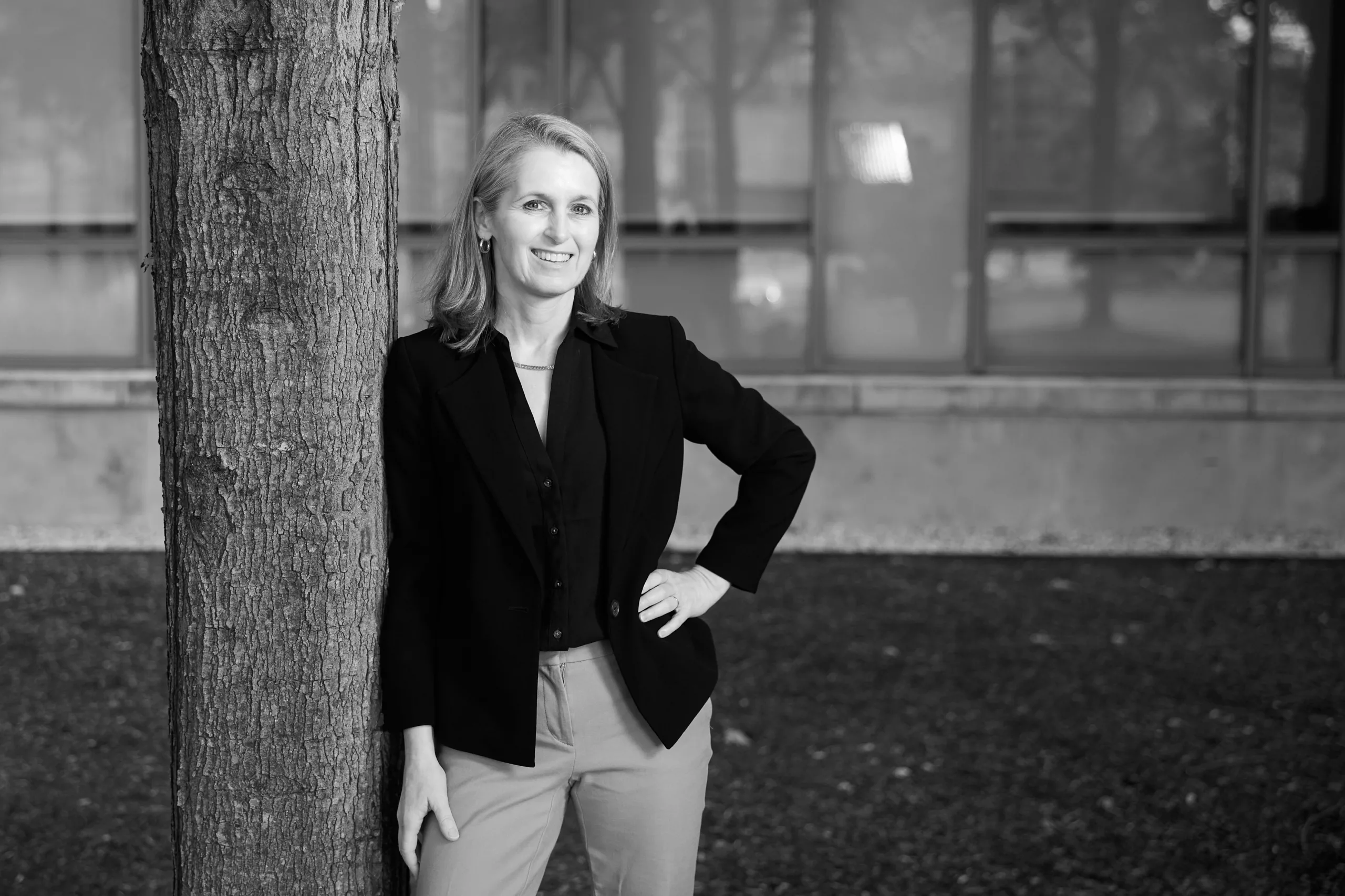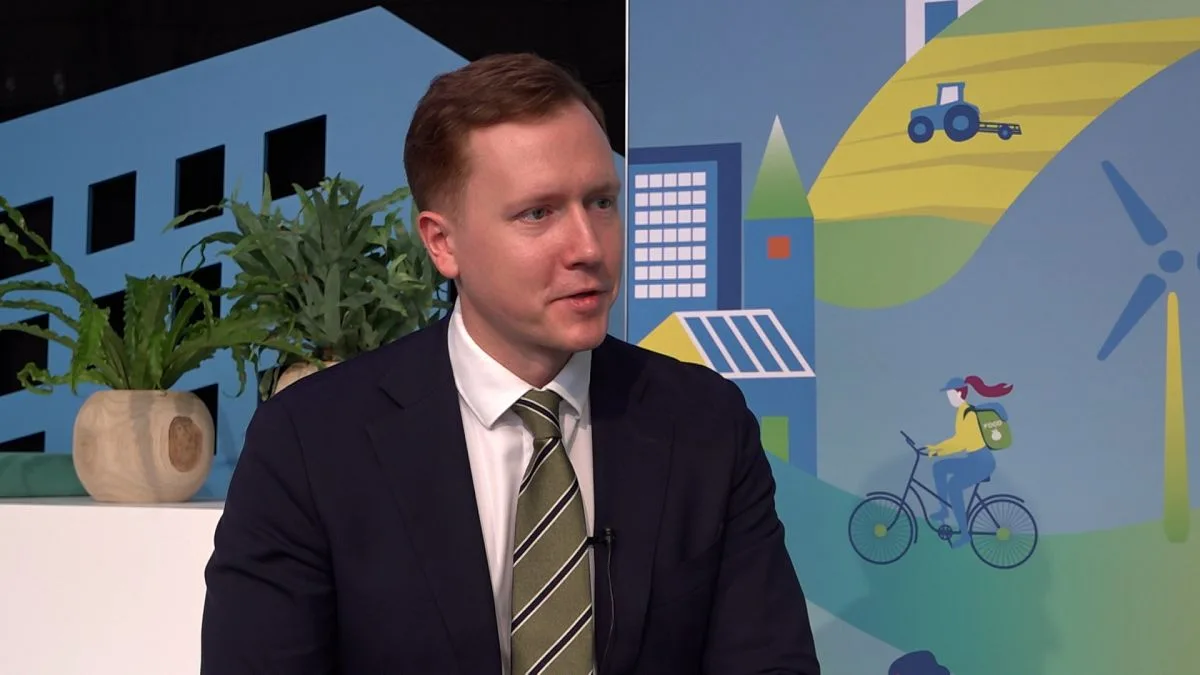In the mid-2000s, Catherine Wolfram, PhD ’96, experienced a pivotal moment in her career, which she describes as an “inflection point.” After over a decade dedicated to researching U.S. electricity markets, she recognized that effective study of energy industries necessitated an understanding of climate mitigation. As she reflects, “You couldn’t study the energy industries without considering climate issues.”
At this crossroads, Wolfram also came to appreciate the significant impact of energy consumption trajectories in the developing world on global climate dynamics. “I realized I needed to start thinking about the rest of the world,” she says, emphasizing the need for a broader perspective.
Wolfram, a distinguished scholar and policy expert, has held faculty positions at Harvard University and the University of California, Berkeley. She is currently the William Barton Rogers Professor in Energy at MIT, where she contributes to the Institute’s ongoing efforts to address climate change. Additionally, she has served as the deputy assistant secretary for climate and energy economics at the U.S. Treasury.
Even seasoned experts like Wolfram understand the necessity of continuous learning. Upon reaching her professional inflection point, she redirected her research focus. “One of the joys of being an academic is the freedom to adjust my focus,” she notes. “I didn’t need to seek approval—I could simply pivot my career to emphasize energy in developing nations.”
Over the past decade, Wolfram has published an array of studies examining energy consumption in various developing regions, including Kenya, Mexico, and South Asia. Her research illuminates the interplay between economic growth and energy use, often complementing her government service. In 2022, she joined the MIT Sloan School of Management, enhancing the Institute’s proactive climate initiatives.
Academic Journey at MIT
Wolfram grew up in Minnesota, where her father was a legal scholar, before relocating to Cornell University during her high school years. She pursued economics at Harvard University, initially working as a consultant and later for the Massachusetts Department of Public Utilities, where she frequently encountered research from MIT scholars like Paul Joskow and Richard Schmalensee. Motivated by the profound impact of economics research on policymaking, she decided to pursue a PhD at MIT.
“I entered graduate school with a clear vision: I wanted to work with Paul Joskow and Dick Schmalensee on electricity markets, which is how I ended up here,” Wolfram shares.
During her time at MIT, she collaborated extensively with Nancy Rose, the Charles P. Kindleberger Professor of Applied Economics and former head of the Department of Economics, who supervised her thesis. Her dissertation explored price-setting behavior in the newly deregulated electricity markets in the U.K., providing insights applicable to the U.S. as similar changes unfolded. “I was fortunate that California was contemplating restructuring during my studies,” she recalls. After four years at Harvard, Wolfram transitioned to UC Berkeley, where her research demonstrated the medium-term benefits of deregulation in improving power plant efficiencies.
Investigating Energy Access
By 2010, Wolfram began to focus her research on energy in the developing world. A significant aspect of her scholarly work has revolved around Kenya, examining how increased electricity access could integrate with economic growth in these regions. Surprisingly, her findings reveal that electrification is not an automatic pathway to prosperity; communities lacking electricity are more inclined to adopt it only when they have tangible economic needs.
“The 800 million people worldwide without electricity also face challenges like substandard healthcare access and lack of clean water,” Wolfram explains. “Enhancing housing infrastructure is also crucial, though significantly more challenging. Simply providing electricity may not be the most impactful solution for development, even though it remains a vital component of modern living.”
Wolfram has also explored air conditioning use in the developing world, an increasingly significant factor in energy consumption. Her research indicates that numerous fast-developing countries, with populations surpassing that of the U.S., are among the quickest adopters of air conditioning, driven by their climatic needs. However, this trend is marked by significant economic disparities.
From early 2021 to late 2022, Wolfram contributed to the Biden administration, predominantly focusing on global energy challenges. Among her contributions was working on a price-cap policy for Russian oil exports, a concept she believes could be extended to other global products. She emphasizes the importance of careful engagement with nations reliant on energy exports while transitioning towards sustainable energy solutions.
“We must acknowledge their dependency as we embark on this ambitious decarbonization effort,” Wolfram asserts.
Returning to MIT
She acknowledges the urgency for a new energy paradigm, coinciding with her return to MIT and its Climate Project, which aims to expedite and implement climate solutions through initiatives like the Climate Policy Center at MIT Sloan. “This alignment with my values is fundamental to my decision to return to MIT,” Wolfram states. “While technology is essential to climate solutions, an innovative mindset can significantly enhance climate policy.” She expresses enthusiasm about her experiences at MIT, noting the closeness and collaboration among faculty across different departments.
Enjoying her teaching role, Wolfram plans to offer a large course, 15.016 (Climate and Energy in the Global Economy), in spring 2025, having successfully launched it last academic year. “It’s truly exciting to engage with students from diverse backgrounds who bring their own experiences with energy systems to our discussions,” she shares.
While the challenges posed by climate change may seem overwhelming, Wolfram possesses an optimistic outlook on learning and applying new insights. “We’ve made significant strides, yet much remains to be done,” she concludes.
Photo credit & article inspired by: Massachusetts Institute of Technology



